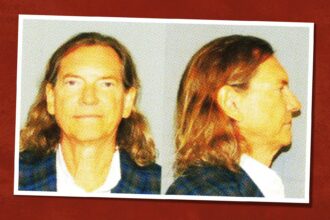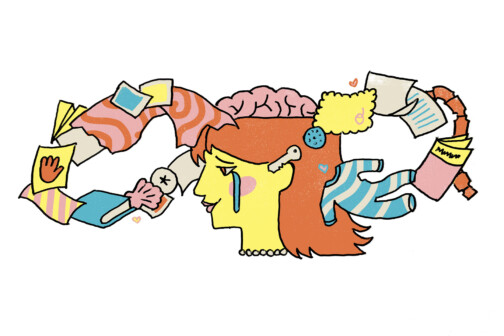Last year, the University of Texas Health Science Center at Dallas lost 14 percent of its direct and special state appropriations. This year, it lost another 8 percent. Faced with a renewed onslaught against its shrinking budget when the Legislature convenes in January, school administrators have circled the wagons around the Dallas campus. And some faculty members are very disturbed about where the battle lines have been drawn.
In October. Health Science Center president Dr. Kern Wildenthal placed a moratorium on admissions to ten programs ranging from rehabilitation counseling to forensic science. Although they will remain in place until currently enrolled students graduate, all twelve programs are targeted for elimination unless state funding is increased.
All affected programs are in the School of Allied Health Sciences and the Southwestern Graduate School of Biomedical Sciences. No programs in the third and largest entity in the Health Science Center trinity-Southwestern Medical School-were touched. “It appears that applied programs |rehabilita-tion, prosthetics, etc.] were looked at as expendable,” says a professor in a program on the chopping block. Says another, expecting the worst; “In essence, you don’t have a health science center any more. You have a medical school.”
Wildenthal is sensitive to criticism that the cuts, if instituted, would significantly narrow the scope of the Health Science Center. Even so. he says he never seriously contemplated cutting programs in the medical school, established in 1943. “We couldn’t eliminate the medical school,” he says. “The medical school is the core.”
According to Wildenthal, the Health Science Center received roughly $72 million in direct and special state appropriations in the 1984-85 fiscal year. The 1985-86 allocation fell to about $62 million. Then, during a special session, (he school’s 1986-87 appropriation was sliced to about $57 million.
The school is surviving with $4 million shifted from elsewhere in the UT System. But this was merely a one-time bailout, and Wildenthal says he had no choice but to develop a contingency plan for an anticipated budget shortfall next year. The practical consideration was whether to implement across-the-board cuts or eliminate entire programs. He chose the latter route, and top administrators support him. “If it came down to a few superb programs or many mediocre ones, I’d choose the few superb ones every time,” says Dr. William Gonyea, dean of the School of Allied Health Sciences.
Affected faculty members, on the other hand, are less comfortable with the decision. Morale is low. they say. and some have begun seeking new jobs. And though students will be admitted if and when the Legislature provides enough money to sustain the programs, the admissions process will be a nightmare; decisions that would normally require months might have to be made in weeks.
The impact of the closures will be felt beyond the walls of academia. Several of the affected programs are unique in Dallas. The prosthetics and or-thotics program, in fact, is one of only four similar undergraduate programs in the country.
“I’m not so much frustrated as I am resigned to the fact that we’d like to do more and in fact have to do less,” says Wildenthal. “This school has the potential of becoming the best medical institution of its kind in the world. We’re right on the edge. And to see that slowed, let alone the hope dashed, very saddening.”
Get our weekly recap
Brings new meaning to the phrase Sunday Funday. No spam, ever.
Related Articles

Local News
Bill Hutchinson Pleads Guilty to Misdemeanor Sex Crime
The Dallas real estate fun-guy will serve time under home confinement and have to register as a sex offender.
By Tim Rogers

Restaurants & Bars
The Best Japanese Restaurants in Dallas
The quality and availability of Japanese cuisine in Dallas-Fort Worth has come a long way since the 1990s.
By Nataly Keomoungkhoun and Brian Reinhart

Home & Garden
One Editor’s Musings on Love and Letting Go (Of Stuff, That Is)
Memories are fickle. Stuff is forever. Space is limited.
By Jessica Otte


